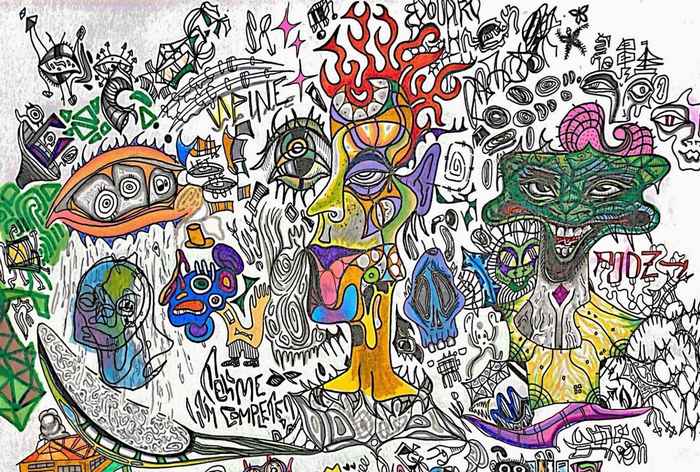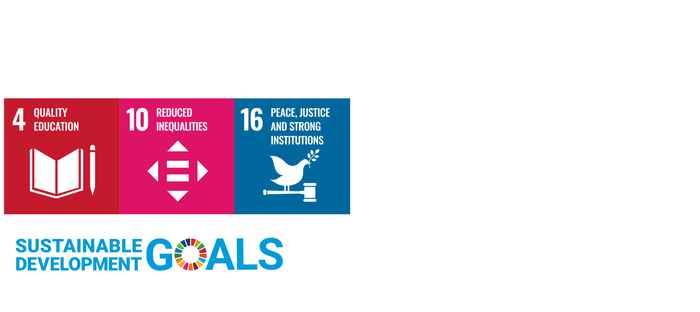Cultures of Conspiracy
In a world overflowing with suspicion, traditional anchors of knowledge (scientists, politicians, mainstream mass media) are no longer taken for granted. In that situation, how do we differentiate between healthy skepticism and dangerous paranoia?

In this course, we take a curiosity-driven approach to understanding conspiracy theories. How do we define and delineate them? What is their rhetorical and emotional appeal? And what are their real-life repercussions? We explore to what extent current conspiracy cultures are historically unique and investigate the complex interdependencies between their social, psychological, and political dimensions. Which individuals and groups are susceptible to conspiracy thinking, and how is their suspicion co-opted for (populist) politics in different national contexts?
We also look at processes of cultural and technological mediation, as conspiracy theories now typically come to us through social media. Does online communication amplify and accelerate (global) conspiracy thinking, or does it merely render the conspiratorial worldview more visible? Can we distinguish new, tech-enabled variations of culture from its offline predecessors?
Discussing these and other questions with experts from various fields, we explore new, interdisciplinary understandings of conspiracy theories and ways to respond to them.
Coordinator
Dr. J. Harambam
Timetable
You can find the timetable on Datanose.
Entry requirements
Open to second-year and third-year UvA Bachelor's or students from other Dutch higher education institutions. Master's students can only participate if there are still spots available.
Registration
UvA Bachelor's students can register from 1 to 8 December 2025 in the GLASS registration rounds. Master’s students can send a short motivation to keuzeonderwijs-iis@uva.nl.
‘Bijvak’ students can register from 1 December 2025 until two weeks prior to the start of the course, by completing the online registration form.
If you have any trouble while registering, please contact us at keuzeonderwijs-iis@uva.nl.
Costs
Prices can be found on the IIS website.
SDGs in education
The IIS strives to reflect current societal issues and challenges in our elective courses, honours modules and degree programmes and attempts to integrate the following Sustainable Development Goals (SDGs) in this course. For more information about these goals, please visit the SDGs website.

- Mode
- Open UvA Course
- Credits
- 6 ECTS,
- Language of instruction
- English
- Conditions for admission
- Open
- Starts in
- February